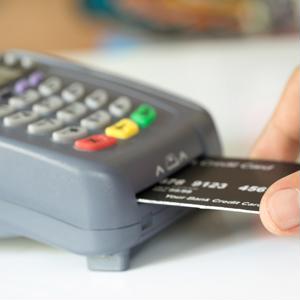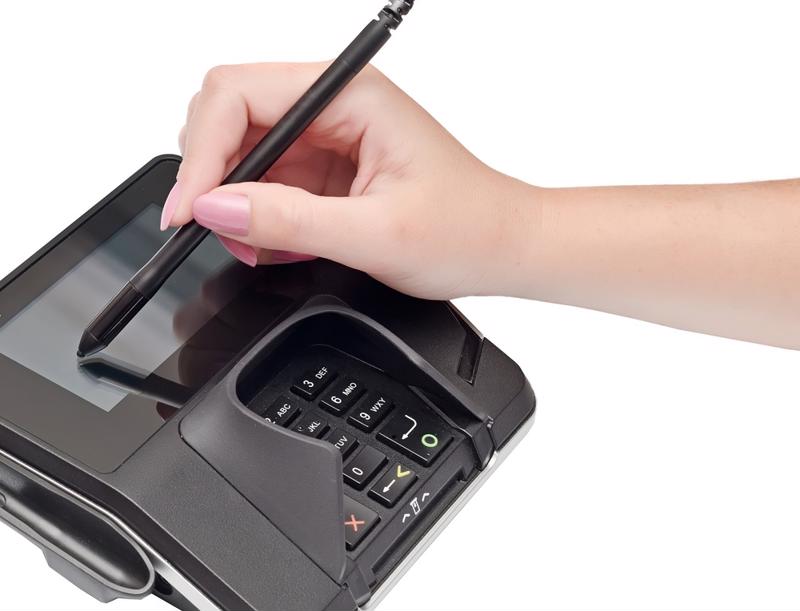Walmart sues Visa over chip card authentication

When EMV cards first came to the U.S., many called them by their European moniker: "chip-and-PIN." However, when it came time to make their first transaction with the more secure cards, many consumers were surprised they didn't require a PIN at all. Rather, the U.S. rollout relied on signatures to authorize its EMV payments.
Now, the nation's largest retailer is looking to bring PIN authentication back to EMV. Wal-Mart sued Visa in New York State Court for the right to choose how its customers authenticate their card payments, reported the Wall Street Journal. In its lawsuit, Wal-Mart claims the four-digit passcodes are better at preventing fraud than simple signatures, but Visa has not allowed the retailer to require its customers to authenticate their payments with a PIN. Instead, according to the WSJ, Visa has stipulated that the retail giant must allow shoppers the option of signing at checkout.
"This suit is about protecting our customers' bank accounts when they use their debit cards at Wal-Mart," a spokesperson for the retailer said in a statement. "Visa has acknowledged in many other countries that chip-and-pin offer greater security. Visa nevertheless has demanded that we allow fraud-prone signature verification for debit transactions in our U.S. stores because Visa stands to make more money processing those transactions."

Wal-Mart's claims do not go unsubstantiated. The FBI also believes PIN authentication offers better fraud protection than signatures, according to a report issued shortly after the October 2015 EMV shift.
"When using the EMV card at a point-of-sale terminal, consumers should use the PIN instead of a signature," the report said. "This fully utilizes the security features built within the EMV card."
Wal-Mart pays Visa about five cents more per signature transaction than it does for those authenticated with a PIN, the WSJ reported, citing a source familiar with the rates.
At Vantage, we can help make sure you're equipped with the technology you need to remain secure in today's changing payments landscape. For small businesses, this involves installing the EMV and NFC-capable devices required to avoid the new liability shift. Once this hardware is in place, merchants' best option is to support the authentication their customers are most comfortable with, whether this means offering PIN validation or sticking with the signature standard.
To learn more about our merchant credit card processing services, talk to one of our payment advisors today.